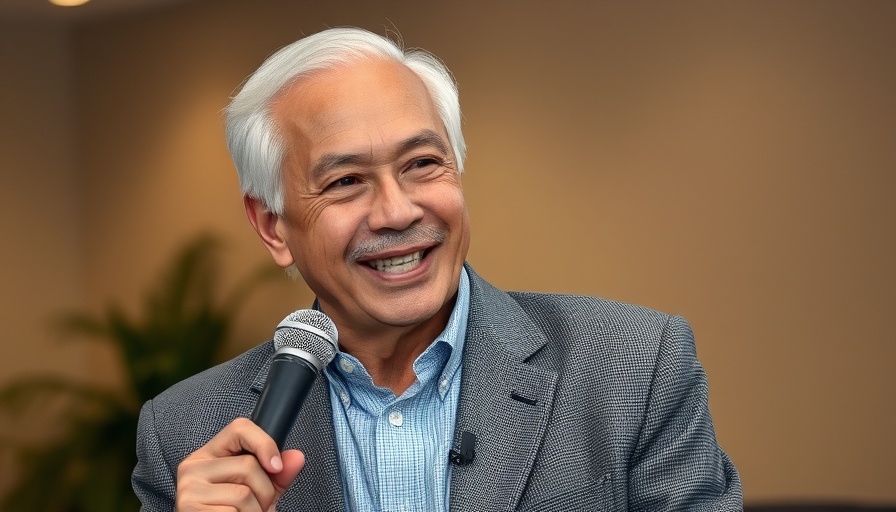Understanding Christ's Call to Holiness
In Christ’s Call to Holiness, John Piper explores how Jesus’ healing miracles serve a greater purpose beyond physical health, prompting us to consider the importance of holiness in our lives.
In the recent sermon titled Christ’s Call to Holiness, John Piper delves deep into the account of Jesus healing a paralytic man in John 5:1-18. The message goes beyond just the miraculous act of healing; it highlights holiness as the core purpose of Jesus' miracles. Piper reminds us that while Jesus came to heal, His primary mission was to confront and eradicate sin—the root of all human suffering.
Why Healing Goes Beyond the Physical
A common misconception is that physical healing is the ultimate goal of Christ's miracles. Instead, Piper emphasizes that every healing points towards a deeper spiritual truth. When Jesus healed the paralytic man, He didn’t just want to lift his physical burden but sought to lead him toward a life of holiness. "See you are well; sin no more, that nothing worse may happen to you" conveys Jesus’ intention to redirect attention from mere physical wellness to the significance of spiritual health.
Moral Choices and Their Consequences
When Jesus warns the healed man about sinning no more, He illustrates the reality of moral choice and consequence. Piper suggests that the real threat isn't just physical ailments but the spiritual state of our souls. The idea presented is striking: the ultimate goal of healing is not only to enjoy a healthier life but to live a life devoted to God, free from the chains of sin.
Power in Personal Witnessing
Imagine being healed after 38 years of paralysis but walking away without knowing who healed you. This was the case for the man healed by Jesus. Piper points out that Jesus intentionally left him without immediate identification, later seeking him out in the temple. This act speaks volumes about Jesus’ desire for personal connection and relationship—He isn't just a miracle worker; He personally invests in our lives.
Contemplating Holiness in Today’s Context
The account challenges us to reflect on our lives today. With many societal issues stemming from a lack of holiness, it calls us to engage with our communities not just for physical needs but also for spiritual ones. Piper encourages addressing both immediate needs and the eternal state of souls. The approach requires us to balance compassion with an understanding of the gospel’s ultimate goal: forgiveness and freedom from sin.
A Vision of Future Hope
Piper paints a hopeful picture for the future—the age to come, when there will be no more sickness, crying, or pain. Every moment of suffering reminds us of this promise and compels us to act with love and urgency in our ministries. As we serve those who are suffering, we are called to not only ease their physical pain but also share the hope found in Christ.
A Call to Action for the Church
As we listen and learn from Christ’s Call to Holiness, we must remember that our purpose as a church is not to choose between caring for the body and the soul. Instead, we strive to be a community that embraces both, guiding individuals toward holistic healing that encompasses body, mind, and spirit. In doing so, we advance the kingdom of God and reflect His love in a world that desperately needs it.
In this spiritual journey, let us embody the message of Jesus, sharing His healing grace while challenging one another towards holiness. So, whether we are offering help in physical needs or inviting discussions about faith, we must always aim for a heart transformation—our greatest healing.
 Add Row
Add Row  Add
Add 








 Add Row
Add Row  Add
Add 

Write A Comment